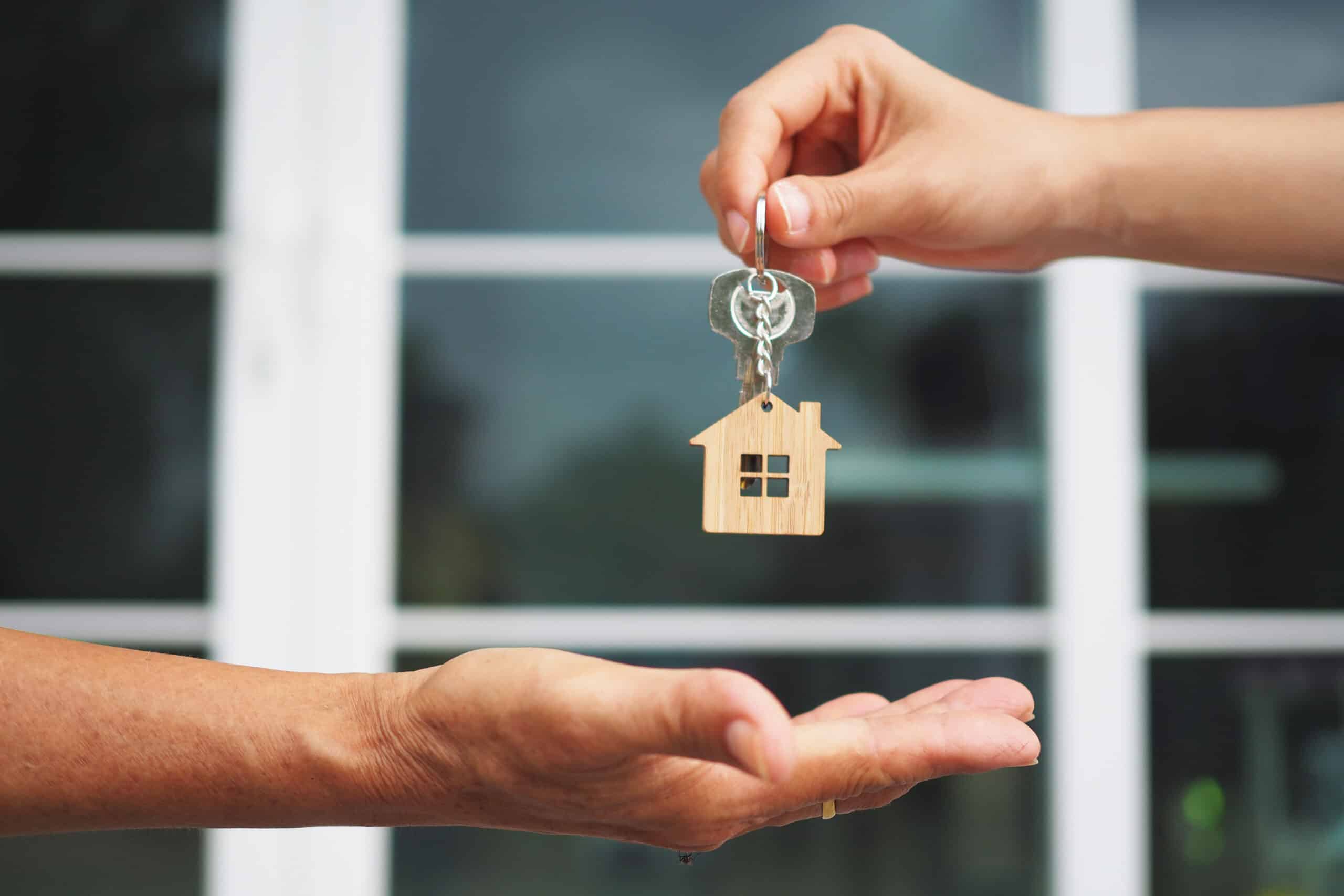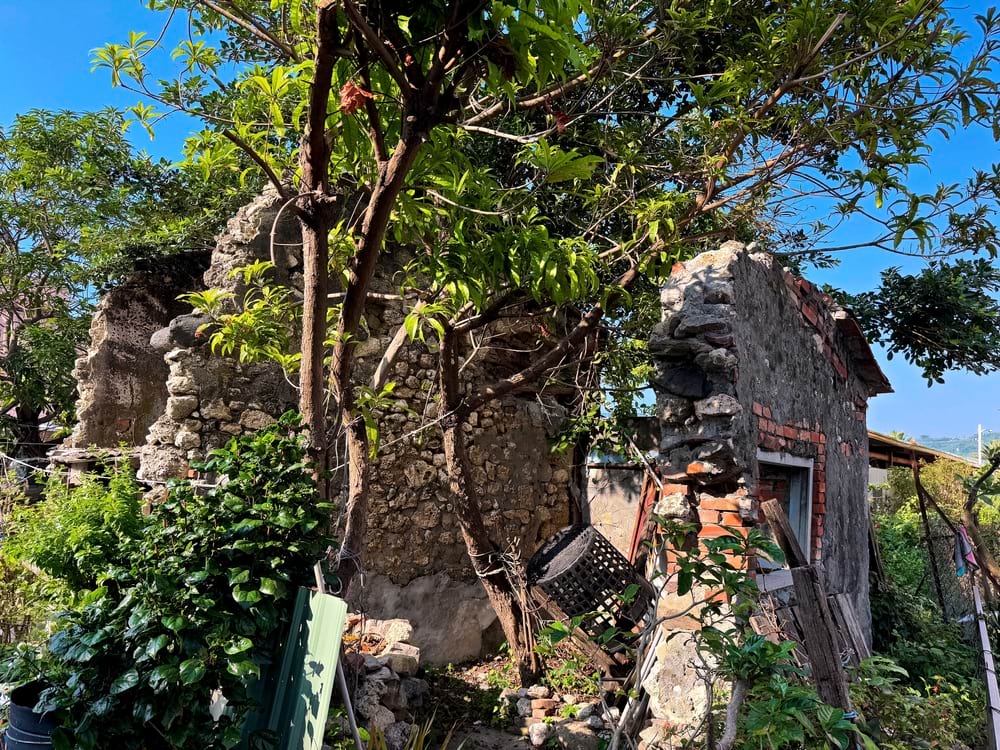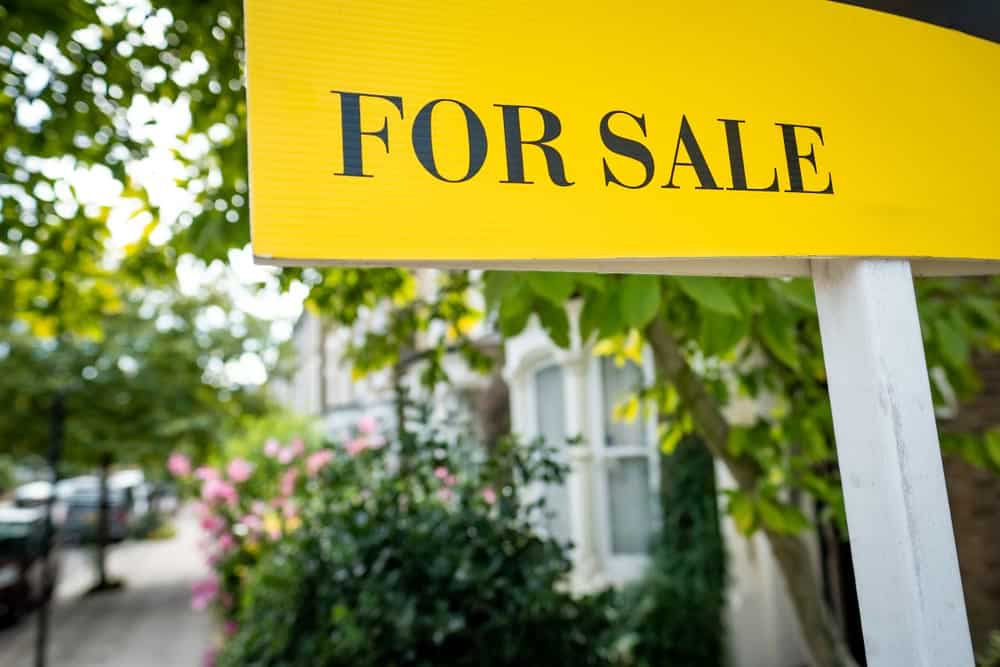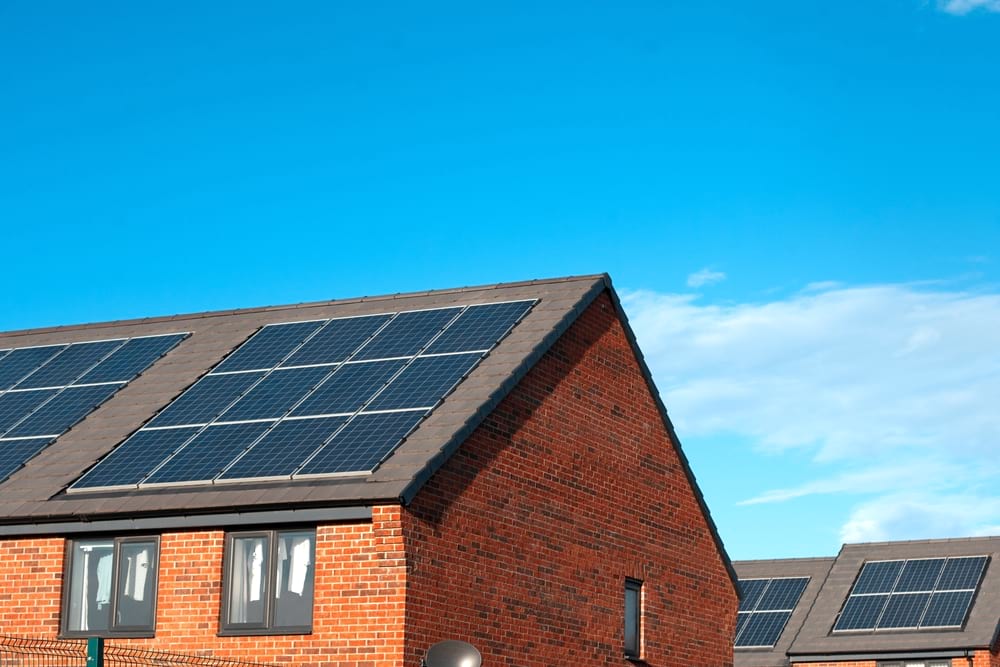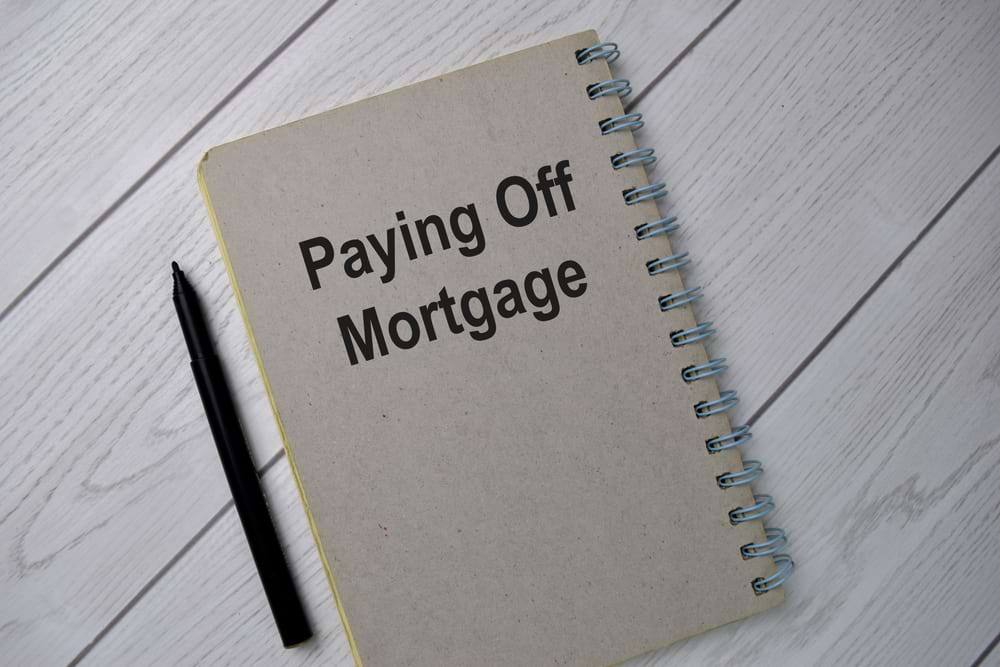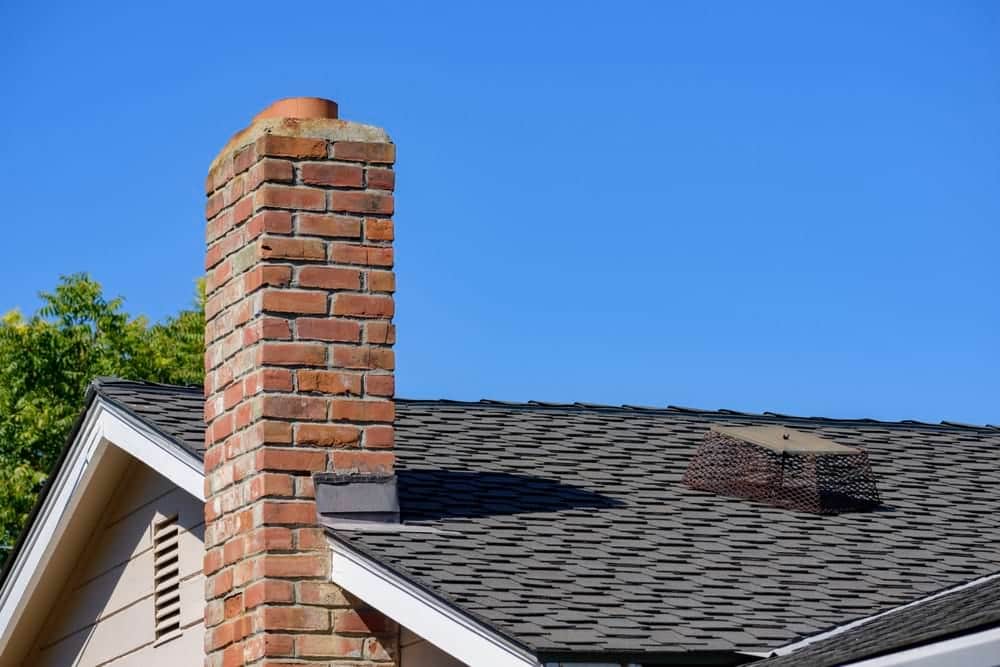No one wants the sale of their house to break down.
Unfortunately, when your property chain breaks down, this can happen.
However, you can take steps to prevent a housing chain from breaking down in the first place.
There are also ways of fixing a broken chain to ensure that your house sale goes ahead.
Read on to find out more.
What is a property chain?
A property chain exists when the sale of a house depends on other people further along the line completing their sale, too.
These often form when a home is sold on the open market.
In this scenario, the buyer requires the money from their current house sale to pay for the new property they are buying.
This can significantly delays the seller’s selling time, as they will need someone to fill the now-empty space in the chain.
What causes a property chain to break?
There are dozens of potential reasons why your property chain may break down.
Often, it may have nothing to do with you and could be due to scenarios that have arisen elsewhere in the chain.
Nevertheless, it could significantly impact you, too, and that’s why you want to avoid this scenario however you can.
Some of the most common reasons for a property chain breaking down include:
- Buyer changes their mind
- Failed mortgage application
- Gazumping
- Delays in document completion
- A house survey reveals lots of faults
- A buyer drastically reducing their offer at the last minute (‘gazundering’)
A change in financial circumstances can often contribute to a house sale falling through, too.
This may be ‘internal’ challenges – for example, being made redundant or falling into debt – or ‘external’ challenges, such as a significant increase in interest rates or the housing market crash.
Tips to prevent a property chain from breaking
Communication issues
Clear, consistent communication is always advisable when you are determined to prevent a property chain from breaking down.
For example, suppose you know a solicitor is taking a long time to complete paperwork. In that case, you can make a concerted effort to keep bugging them to get it done.
You should maintain this approach even if your house sale has broken down. The other buyers in the chain will want to be well-informed about what’s going on, and keeping them updated about your search for a new buyer can be vital to keeping the chain together.
Stay well-organised
It is also essential that you are as well-organised as possible. Documentation is one of the most time-consuming parts of a house sale. So if you can get yours in order as soon as possible, it will prevent unwanted delays.
Be transparent
Your transaction is far less likely to break down if you are completely transparent about any issues with your house. This will remove the chance that your buyer will drop out after discovering undisclosed problems in the survey.
Sometimes, even if this honesty results in you being forced to accept a lower offer for your property, it may be worth it in the long term.
Fixing a broken property chain
In addition to preventing a property chain from breaking down, there are steps you can take to fix a chain if it does break down.
Some property experts recommend that you consider getting a second potential buyer if your current one drops out. For example, when your estate agent carried out viewings on your house, there may have been more than one person interested in buying it – and in the worst-case scenario, you could recontact one of these other parties to see if they can step up to the plate.
Alternatively, you could sell your house to a chain-free buyer who is not reliant on their sale to be completed to purchase yours. Two common examples are a cash house buyer like We Buy Any Home or a property developer. Some of the most trustworthy cash-buying companies can complete the sale within seven days, keeping your property chain alive.
As a third option, you may get an influx of cash to proceed with the property transaction even if your buyer drops out. A typical example is a bridging loan, in which you borrow money against the value of your property. However, this is a costly way of fixing the problem, so you should carefully consider it (and speak to a financial planner) before proceeding.
Lastly, if the person selling the property you want has lost the home they want to buy, you could ask them to consider renting in the short term so your sale can still go through. You cannot force them to do so, however.
Avoiding a property chain
Yes, it is possible to avoid a property chain. Some people choose to rent immediately after completing the sale of their house, even if just for a month or two. This option means you will be chain-free when you take your next step on the housing ladder a few months later.
Secondly, suppose you can find a chain-free buyer for your property. In that case, this may enable you to avoid a chain altogether. Cash house buyers or property developers are common examples of this.
Buying a house at auction will usually result in a chain-free transaction. You may also get the property at a discounted price – albeit in a potentially worse condition.
Purchasing a new-build home directly from a house builder can enable you to avoid a property chain, too.
Why you should consider home buyer’s insurance
One of the ways you can minimise your losses if your property sale falls through is by taking out home buyer’s protection insurance. If you think it is likely for this to happen – perhaps because the other people in your chain seem unreliable – then this may be worth considering.
When you take out this type of insurance, you are covered for the loss of fees you would have paid if your transaction fell through at the last minute.
You should speak to a financial/insurance advisor before deciding whether to take out this type of insurance.
